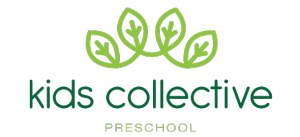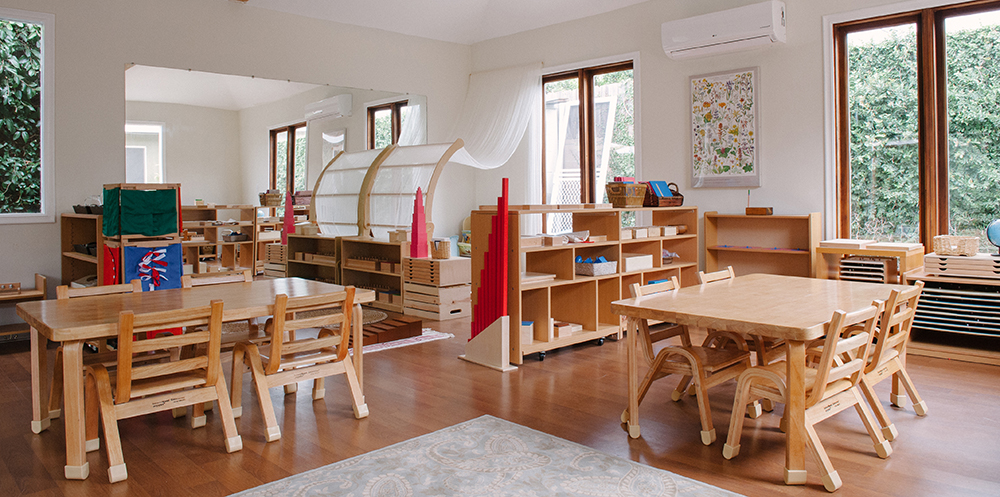Starting a preschool is one of the first big decisions that parents should take in the early years of child’s life. Many parents are excited when they realize that their precious little ones are grown by leaps and bounds, and are ready to venture out into the big world. For a kid, getting involved into a new preschool environment can cause both excitement and anxiety. A child who gets used to being safe at home might experience mixed feelings, when entering an unfamiliar environment.
In many states, preschools accept children from the age of two, but it doesn’t mean that kids are automatically prepared to attend them, when they reach three-year-old age milestone. Readiness for a preschool is related to developmental skills and cognitive abilities to interact with peers and take part in preschool learning activities. Around the age of 2-3 years, parents can start observing the child more intently and analyze the most important factors for preschool readiness.
Top Questions to Ask Parents about Children before Preschool Enrollment
Each child has individual personality and temperament which affect the way they develop necessary “academic” skills and social adjustment to successfully join a new preschool family. Though there is no universal checklist to instruct parents on child’s preschool readiness, we have made up a list of common questions to help them and their kids get ready for a big day.
• Can your child take care of herself/himself?
By the age of 3 or 4 years, children are not expected to do everything on their own. However, they certainly need some basic knowledge of self-care, such as tying shoes, washing hands, eating without being spoon fed, getting dressed as well as sleeping alone during naptime.
By the time kids enter a preschool, they are also expected to be able to initiate and maintain independent play. There is a great array of group activities and project work in the preschool program for 3 year olds, but sometimes children have time to do things on their own without following teacher’s suggestions.
• Does your kid have good listening and speaking skills?
Language skills at a preschool age include the ability of children to understand directions and speak clearly enough, so that others can make sense of what they say. Good language skills for 3 to 4-year-old kids are essential, as they should be able to understand basic words, express their needs and feelings as well as follow some directions and respond to what others say•
• Is your child comfortable being away from you?
Tough farewells with parents after they drop off their kids at a preschool are natural. At an early age, children don’t have strong sense of time, and they don’t know exactly when parents come to pick them up. Although it can be complicated, separation anxiety is a natural stage of kids’ development, and it usually subsides by the time children turn four.
Nevertheless, little children are sensitive enough about separation from their parents. If kids are not emotionally ready to be in isolation from parents for extended time periods, it can be potentially traumatic and painful for them. To determine the right time, parents should reflect on past experiences, when children were left with grandparents or babysitters, and analyze their reaction to the situation. Weeping aloud, ongoing tantrums and clinginess can mean that this is not the right time for a kid to attend a preschool. In this case, parents can gradually increase time periods, when kids are away, until their reaction becomes more tolerable.
• Is your child able to keep a regular schedule?
Whether it is a half- or full-day curriculum, preschool education implies following a predictable, routine schedule: outside play, circle time, work period, snack. Predictability is something that preschoolers naturally need in their early formative years. Without a daily routine, kids would be prone to anxiety and stress, as they have no clear understanding or expectation of what comes next. Daily schedule in a preschool teaches children to be responsible and confident, yet relaxed and cooperative. If a child experiences irregular eating or naptime problems, he or she is likely to face challenges in a preschool environment. Therefore, when getting ready for a preschool, parents should standardize their daytime and accustom their little ones to predictable and repeatable routines at home.
• Can you child easily engage with a plenty of activities?
Participation in a variety of preschool learning activities requires a lot of physical and mental energy from children. During the day, preschoolers have a plenty of arts and crafts to do, playground activities to participate and outside journeys to take. To make progress in preschool learning, children should have physical stamina to move on to new activities without getting moody as well as the ability to stay focused on a project for some time. If a child seems to float from activity to activity or shows little interest to learning new things, it is too early for him/her to start a preschool.
• Does your child communicate well with other kids?
Preschool experience revolves around coexistence and cooperation with peers. Before children enter social environment, they should have clear understanding of appropriate behavior and respect to others. If a child is raised among siblings, the issue of socialization in a preschool won’t be a big hurdle. To help children easier get along with peers, parents can arrange playdates, visit play centers or simply go to a playground.
Montessori and Reggio preschools provide a stimulating and engaging environment that helps children develop basic skills and build creative minds naturally – through interaction and play. Children usually benefit greatly from attending a preschool, but they will gain nothing from it apart from anxiety and fear, if they are not ready to be away from parents. Children accept independence, when they are emotionally ready, and they cannot be either forced or persuaded. Parents are children’s best friends and best judges who know what their kids need and when they are ready to start a new chapter in life.





